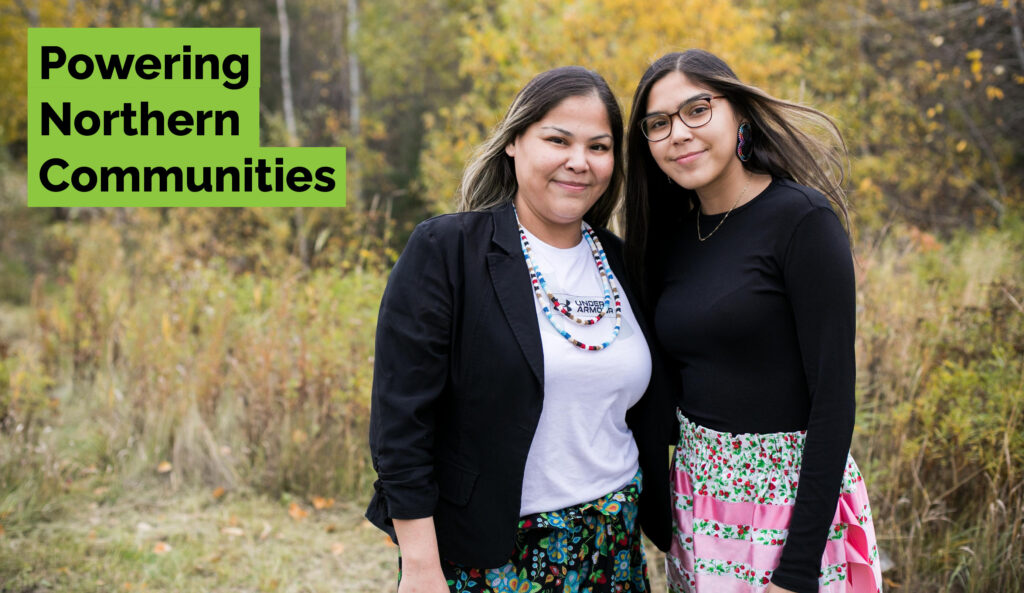Ontario Working in Partnership with Northern First Nations to End Reliance on Diesel Fuel

Province and First Nations establishing new clean electricity supply options
THUNDER BAY – The Ontario government is working in partnership with Webequie, Nibinamik, Neskantaga, Eabametoong and Marten Falls First Nations to expand clean and reliable electricity transmission and generation infrastructure to end these communities’ reliance on diesel powered generators and support greater economic self-determination and prosperity.
Through the historic Wataynikaneyap Power Transmission Project, which the government is supporting with a construction loan of up to $1.34 billion that started in 2019 and is expected to be completed this year, 16 remote diesel-dependent partner First Nations will be connected to Ontario’s world-class clean electricity grid for the first time. However, other remote First Nation communities across northern Ontario continue to rely on costly, difficult to transport and unreliable diesel generation for electricity, which is a significant source of noise and emissions and limits opportunities for growth, including new community infrastructure and housing. Diesel fuel is currently trucked in seasonally on unreliable winter roads or flown in at massive expense.
These First Nations communities deserve the same opportunity to connect to and participate in the benefits of Ontario’s clean electricity grid, which is why the government is working closely with interested First Nations partners to identify clean electricity supply options that meet their unique needs.
The provincial government will prioritize the input and direction of the First Nations leadership and communities when informing a comprehensive plan to get remote and far north communities off diesel. Engagement with these communities will also help inform the Independent Electricity System Operator’s (IESO’s) ongoing Northern Ontario Connection Study looking at energy supply and connection opportunities in northern Ontario, including for the five diesel-reliant Matawa First Nations and new hydroelectric generation.
Building energy infrastructure such as transmission lines to connect the communities to the provincial electricity grid or local clean energy supply solutions would provide significant economic and environmental benefits for communities through emissions reductions, enhanced electricity reliability and economic and partnership opportunities.
Read more: Ontario Working in Partnership with Northern First Nations to End Reliance on Diesel Fuel | Ontario Newsroom